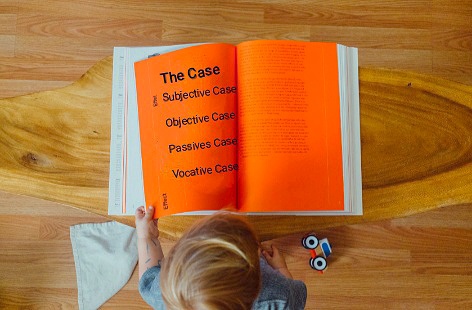How Many Types of Case Are There?

Hello readers, at first welcome to another new lesson in English grammar, that is the case, in this lesson we are going to discuss what is the case in English grammar and we are going to see the type of a case with suitable examples.
Today I am going to talk about another case which you may not have heard before and which is totally different from the rest of its meaning. This case is also referred to as grammatical, because it relates to English grammar. Let's dig.
What Is Case?
The grammatical functions of nouns or pronouns indicate cases according to their relation to the rest of the words in a sentence.However, there are four general types, subjective or nominative, objective, possessive and vocative, which will be discussed with each example.
What Are The Types of Case?
So, how many types of cases in English grammar? There are usually four types of cases.These are:
- Subjective or Nominative Case.
- Objective or Accusative Case.
- Possessive or Genitive Case.
- Vocative Case.
What Is The Subjective Case?
Subjective case nouns or pronouns used as the subject of verbs in a sentence are called subjective case or nominative cases. In this case a topic is used for supplementation.This also applies when the name is used as a complement to a verb.
Subjective Case Examples:
- He works very hard in her job.
- David works as a General Manager.
- I love to attend singing classes in my free time.
- Reading is excellent and convenient.
- Lisa is designing visiting card.
- She is designing visiting card.
- Steven will definitely be here tomorrow.
- He will definitely be here tomorrow.
What Is The Objective Case?
Refers to the objective case when a noun or pronoun is used as an object. An object can be a direct object, an indirect object, or a prepositional object.In English, only the personal pronouns in the objective case change significantly.
Objective Case Examples:
- The doctor at the hospital is taking care of her.
- The teacher is teaching Sam English.
- Jack does not eat burgers.
- Robert is doing the assignment.
- John is preparing the meal.
- Robin is reading a new novel.
- The poet is writing a funny poem.
What Is The Possessive Case?
The case which is used to show possession is called the possessive or genitive case. In the case of nouns, an apostrophe is used to denote it.Possessive Case Example:
- Robin’s house is near the sea.
- His brother lives in the small city.
- My family does not approve of it.
- Shaun’s wife has passed away yesterday.
- Ours house are more superior to theirs.
- Everyone is responsible for their guests.
What Is The Vocative Case?
The noun or pronoun that is used directly to address a person is called a vocative case.However, it refers to a person in a paragraph who is being addressed directly by his or her name. The name is usually separated by a comma.
Vocative Case Examples:
- Selina, can you open the window, please?
- Lucy, watch out the old car.
- You, stop making noise in pairs.
- Let him ride on the donkey, Dick.
- See you next Sunday, Face.
- Why do you asking, Alan?

No comments:
Post a Comment